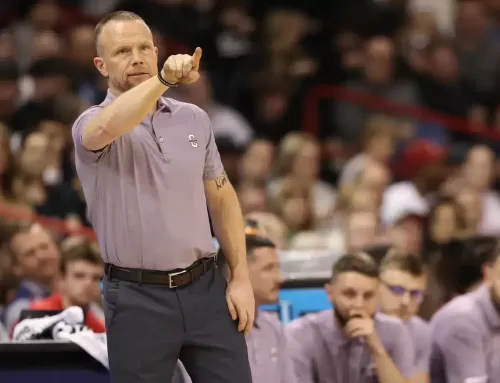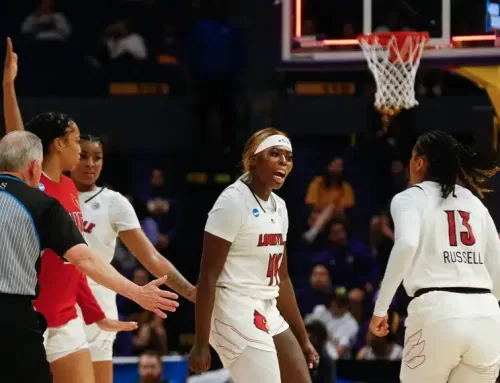By Caitlyn Crenshaw–
Almost 190 faculty, staff and students put on their thinking caps when the university asked for suggestions to save money in the upcoming operating budget with the cut of state appropriations totaling about $9.6 million. With the state cutting resources distributed to higher education, the university is not only planning for the next fiscal year, but years to come as well.
President Ramsey said, “Our faculty, staff and students have come up with some good suggestions.”
The university wants to “see which [ideas] we can do quickly and which ones will take longer to do,” said Mike Curtin, vice president for finance. With the cuts imminently approaching, the university is taking action now.
These ideas are not expected to be realized immediately. “If we can pull it off and make some things happen, there are some things we can implement before July 1; other things will take one or two years to do,” said Curtin.
The next step, according to Curtin, is to “present ideas to the [leadership team] with the pluses and minuses, and the timeline it will take to do it.” Each aspect of every suggestion is considered before further action or implementing a policy by the university leadership team consisting of President Ramsey and Provost Willinghanz.
Through the website, “eight people suggested the university implement employee furloughs or unpaid time off.” These furloughs varied in length of time. The university replied to these suggestions that furloughs “would save a significant amount of money. However, there are a number of challenges to utilizing this approach.”
Of the many ideas offered “one that came forward was to curtail certain cell phone uses throughout the campus,” said Curtin. From this suggestion provided by a member of the university community, the university is “looking at standardizing all of the cell phone contracts in the university,” said Curtin.
As the state budget cut anticipates future cuts to higher education, the university is preparing not only for the present, but for the future as well. “We are looking into many of the ideas they brought forth as we position ourselves for the future,” said Ramsey.
The university community of leaders and outside resources, such as a recently hired consultant, are taking multiple steps to save money where needed without cutting corners in students’ education. It is important to realize that the suggestions from faculty, staff and students “is just one prong in the multi prong approach,” said Curtin.
Some of the other most popular suggestions were conserving energy by closely monitoring heating and cooling, lighting and the use of appliances, early retirement options, cutting back on administrative pay, offering different employment packages to employees, centralizing a list of vendors for catering, coffee, cleaning chemicals, stockrooms items and eliminating the Physical Plant Department or outsourcing its operations.
[email protected]
Photo/Flickr: ImagesofMoney





